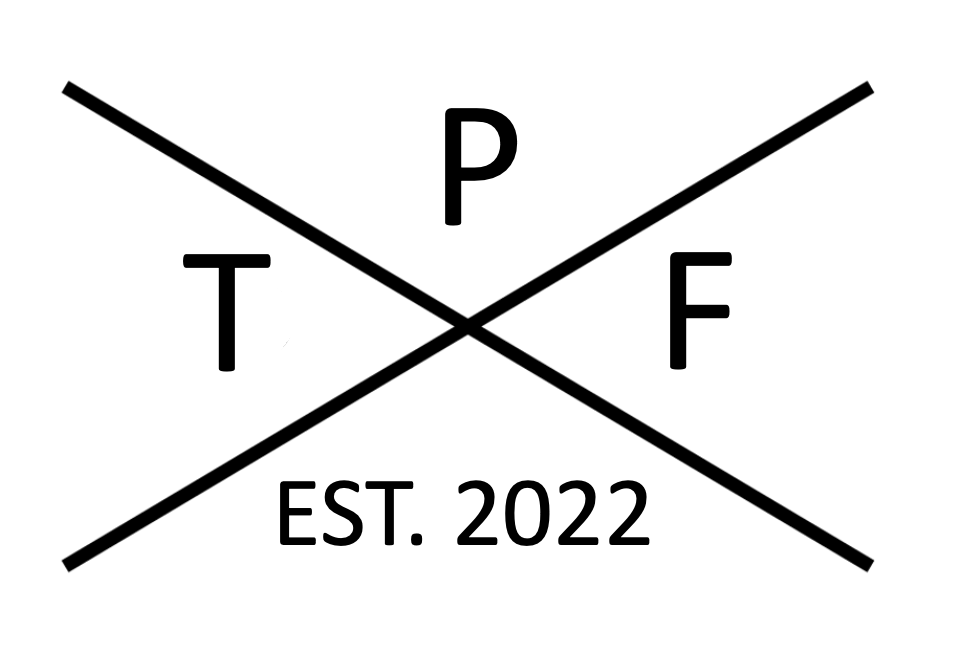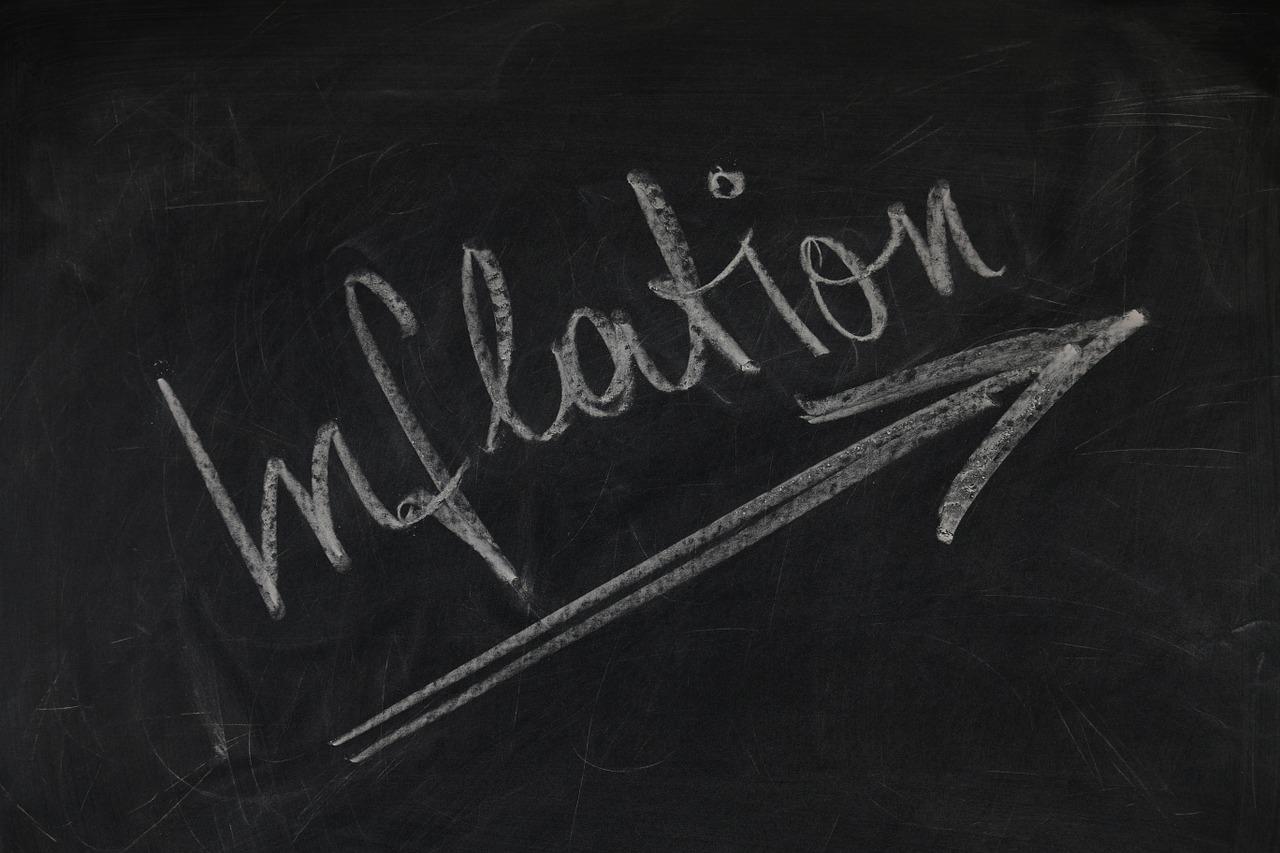What a busy week within the financial world, ranging from Amazon Prime Day to the release of the latest inflation numbers. I wish I could say it was all good news this week, but sadly no. The biggest news of the week was the inflation report that showed it jumped to 9.1% from last month of 8.6%. The recent data showed we hit nearly a 40-year inflation-high, which shouldn’t be surprising for most, as everyone is experiencing higher costs. Moreover, no one needs a news release to tell them we’ve been paying more for nearly everything. Prices at the pump are the most evident; however, costs for auto repairs have doubled in some cases and lawn care prices are on the rise. Many landscaping companies have had to increase their rates due to increasing gas prices, which unfortunately gets passed on to the client.
On a more positive note, not everyone was deterred by rising costs as Amazon announced that this week’s event was their biggest yet. The Amazon Prime Day event is a reoccurring event where the company slashes prices from yard equipment to electronics. Additionally, Amazon-specific products such as the Echo Show and Dot are usually heavily discounted. While inflation likely weighed on some potential buyers, the numbers highlighted there is still significant purchasing power within the economy, even during a weakened economy.
Interesting news this week is that Elon Musk wants to terminate his planned $44 billion purchase of Twitter for what he claims is due to the number of fake accounts on the social media platform. Twitter has not only come out saying they’ve been fully transparent by providing Musk with requested documents, but Twitter has also obtained a law firm with the hopes of forcing the Tesla CEO to follow through with his purchase. This will be a fascinating situation as it continues to unfold and move into the courtroom. Shares of Twitter will likely fluctuate significantly over the coming weeks as more information comes to light.
If the latest inflation numbers weren’t bad enough, we also saw mortgage rates jump. The national average is approximately 5.7%, up from just a week ago. With the rising inflation rate, it is expected that mortgage and car loan rates will rise as well. Signs of the housing market cooling down continue as homes stay on the market longer, and new potential buyers decline. The decline in buyers is strongly correlated to the rising mortgage rates and how the cost to borrow money has dramatically increased over the past year. As I’ve mentioned before, the low supply of affordable homes is keeping home prices elevated, and this will likely not change in the near term. It will take time for supply to catch up with demand, so you can expect a slow transition throughout the rest of the year.
There was a lot of talk about President Biden’s trip to the Middle East and his meetings in Saudi Arabia this week. The White House has highlighted the strategic partnership with Saudi Arabia, and there’s a lot of speculation if Biden will attempt to pressure the oil powerhouse to increase its output, which could potentially lower prices at the pump. While the trip is just finishing up, news outlets report that Prince Mohammed bin Salman has told President Biden that the country cannot increase production, which is terrible news for drivers. Luckily, much of the US saw another drop in gas prices, with the national average as of Friday being $4.58. The west coast continues to be the hardest hit by gas prices, with their average in the low $5 range. According to the Energy Information Administration, the gas demand has decreased, helping to lower prices at the pump.
Looking ahead, the Federal Reserve will meet in two weeks, and based on the poor inflation numbers from this week; we can easily assume that another interest rate hike is coming. Analysts are giving all types of predictions on the hike from 0.5-1.0%. Based on this week’s numbers, I expect at least a 0.75% hike by the end of the month. The Fed is struggling to curb inflation and prevent the economy from going into recession. A 1.0% hike will likely slow the economy, but only time will tell if it will push us into another recession.

